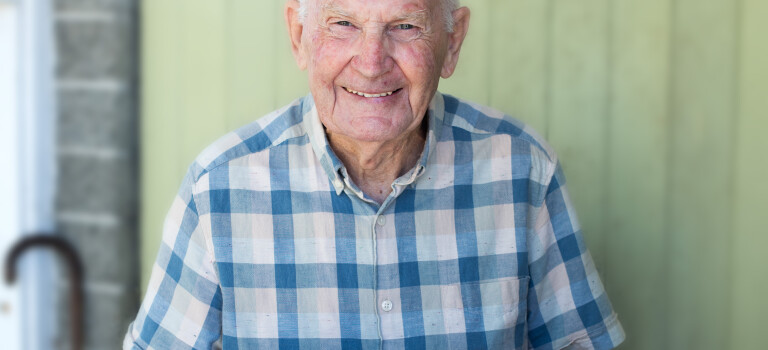Red Cross stories
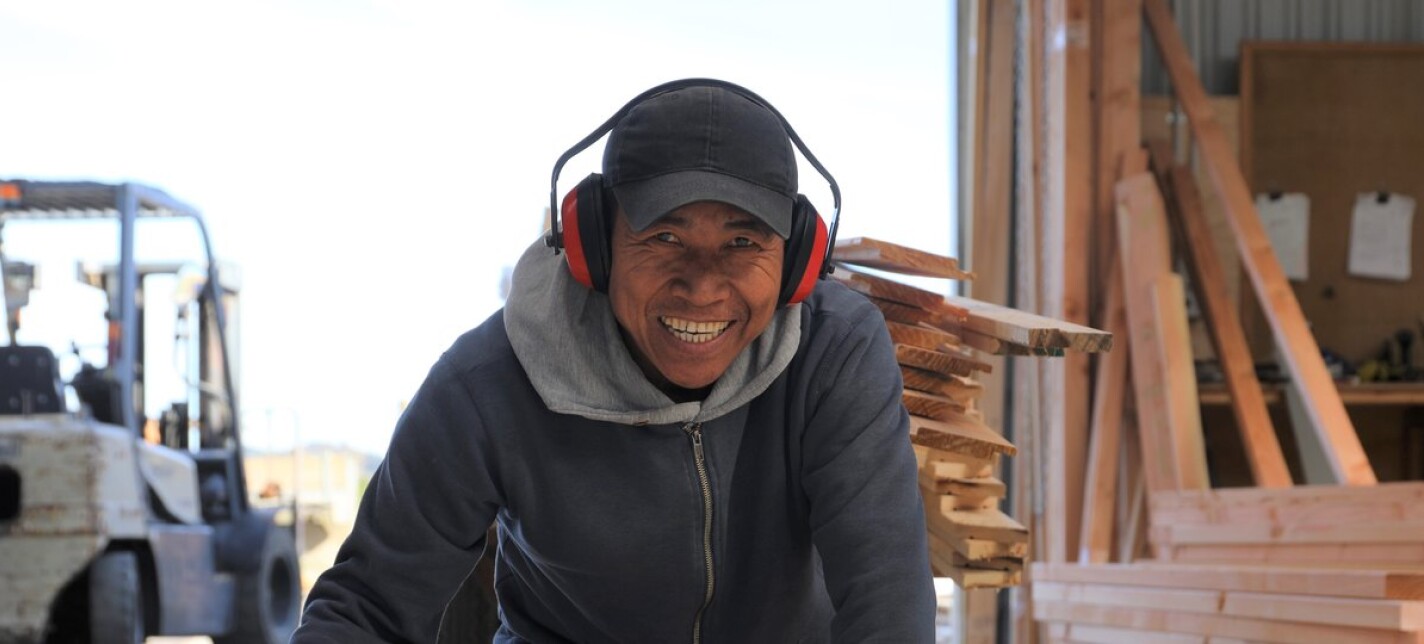

Red Cross stories
Read our stories filled with humanity, resilience and the spirit of volunteering. They show how your support is helping vulnerable people in New Zealand and around the world.
23 April 2024
Mobilising the power of humanity – Red Cross service in wartime and conflict
Read more
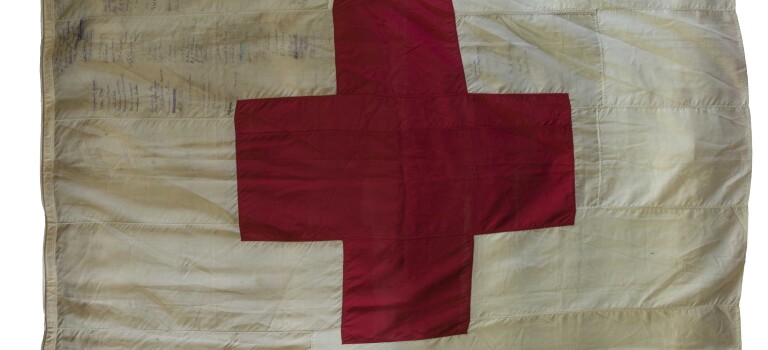
15 April 2024
Shortages of Meals on Wheels drivers in South Auckland means volunteers are doing multiple shifts a week
Read more
9 April 2024
Pacific Island National Societies sustainability planning pushing ahead
Read more
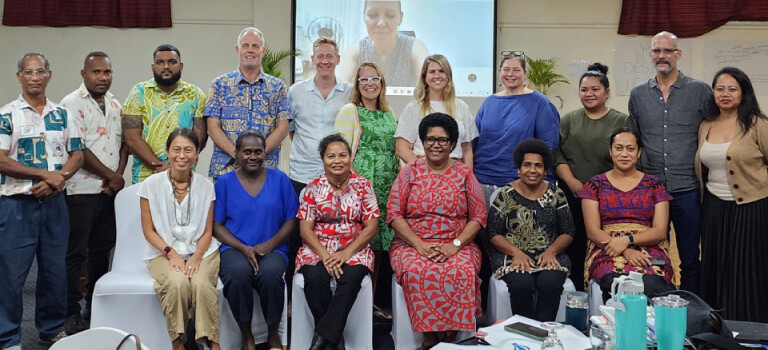
20 March 2024
Annual Day of Remembrance 2024
Read more
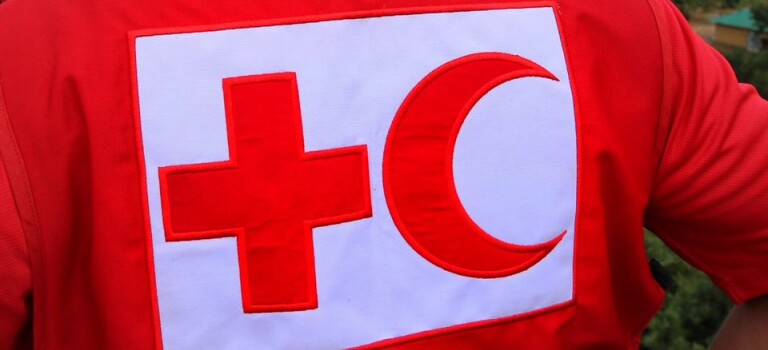
19 March 2024
Variety the secret to a great meal
Read more
